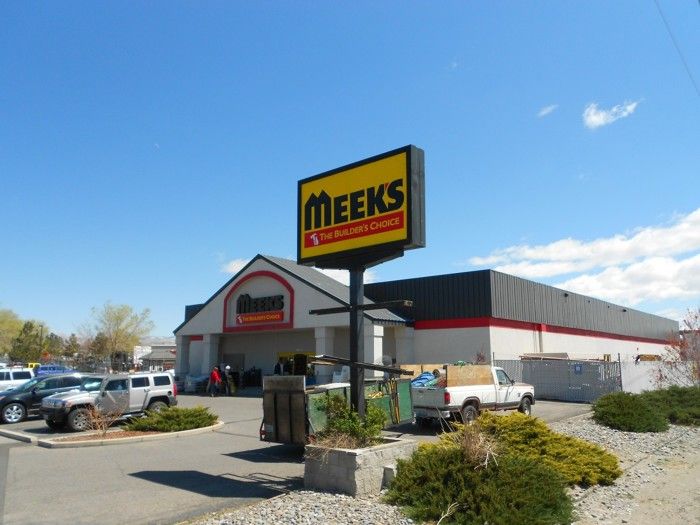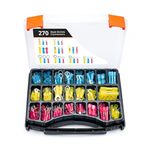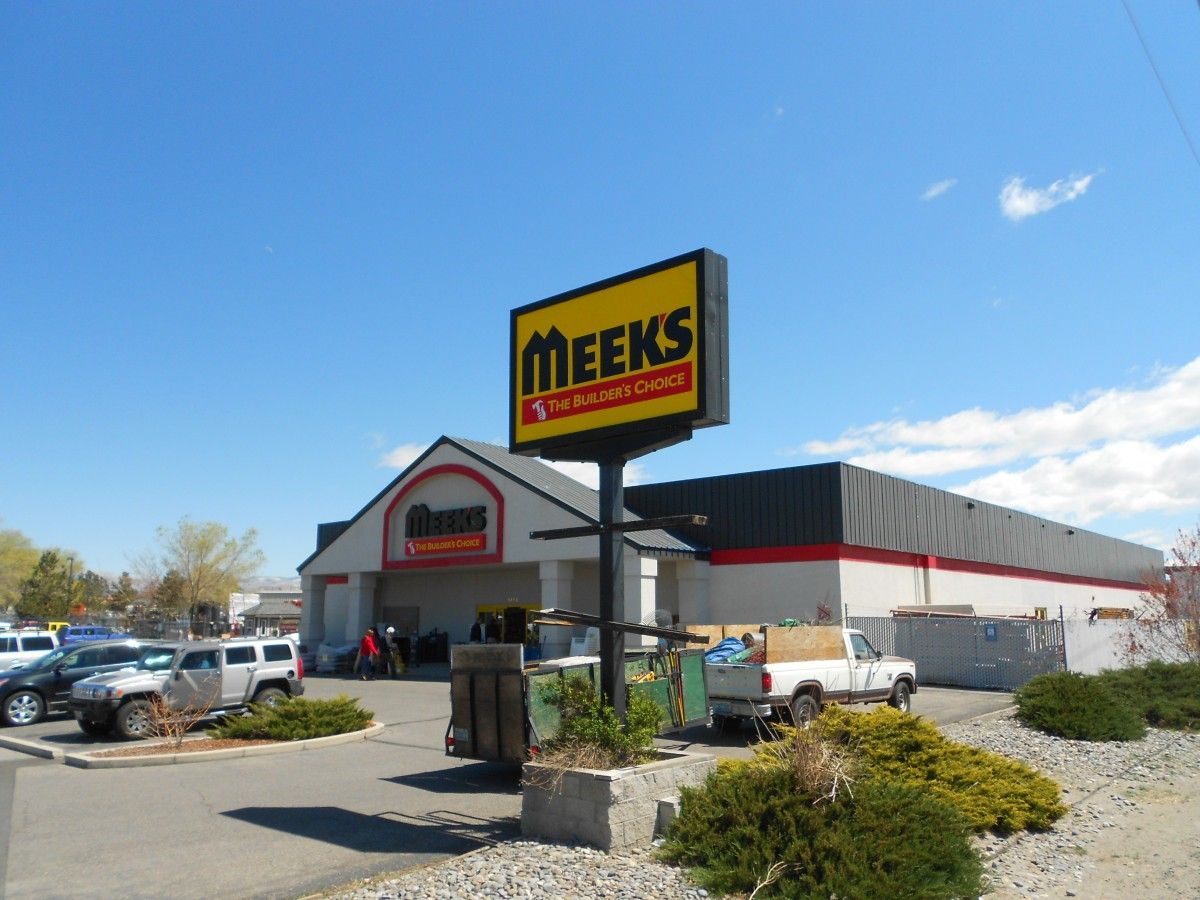
Last week, I addressed a group of seasoned builders at the annual Meek’s Lumber & Hardware Expo in South Lake Tahoe, Nev. Meek’s is a small building-materials chain that sponsors a two-day home-improvement show every spring. To kick off the event this year, they commissioned a short video featuring their employees and customers telling the story of the past 10 years in the building industry through poignant images that went from boom to bust, and back to basics. While a few people laughed nervously when the pictures of “Sold” signs gave way to foreclosures and failures, most sat in quiet acknowledgment of the hard times still painfully present. “Some lost it ALL,” one caption read, but some builders survived. These builders were recognized by name as their smiling faces lit the screen, one by one, posing by trucks and job sites, honored in front of their peers.
It was a heart-wrenching and heartwarming event. This lumberyard knows its customers personally and has struggled along with them. Meek’s operates about 50 locations in four states: Missouri, Arkansas, Nevada, and California. Three years ago, Carrie Meek, a fourth-generation leader in the family business, took over the presidency of the company’s 12 west-division lumberyards from her father, William Meek. I asked Carrie about the relationships the company has built with its customers and how Meek’s may have helped the builders survive through difficult times.
“We focus on helping the contractor on every level that helps his business,” Meek said, and pointed out how the company offers services that help contractors to obtain work and provides professional services they may not be able to offer without support from Meek’s.
Meek’s also provides extensive training; education is at the heart of their sales approach. Each sales associate travels for training at least 12 days every year, so they know their products inside and out. Meek’s also offers in-house training to contractors on properly installing complex assemblies, such as windows, siding, and decks. They want their builders to be the best in the region, Meek said.
Meek’s retail floor doubles as a builder’s showroom, where a contractor’s customer can come in to see, touch, and study material choices with the support of both a knowledgeable sales representative and an interior designer, who act as an extension of the builder’s company. “We want to help the contractor learn what their customers want,” Meek said. The lumberyard also sets up retail fairs where homeowners can see project demonstrations. Meek’s contractors build decks and other structures while retail customers watch. “And our builders get a lot of business from this,” said Meek.
Meek’s caters to the small cash-and-carry builder as well the large-project contractor. Meek said they have studied the buying patterns of individual builders to provide them with personalized services. Contractors don’t have time to search shelves, Meek said, so Meek’s allows builders to call in orders for any materials they sell, and Meek’s prepares orders so that they are ready for pickup when the builder drives through. “We build relationships with the contractors and keep files on what each one buys. So when you call in and say ‘caulk,’ we know what caulk you like and buy most often,” said Meek. This way, Meek’s competes with national home-improvement chains by doing what a giant company can’t: tailor customer service to each customer.
The company treats even cash-and-carry customers like clients, building client-style relationships over time, providing incentives such as 5% across-the-board discounts and up to a 3% rebate at the end of the year. “Our smaller contractors are always surprised when the store manager takes them out to lunch and shows them personal attention and appreciation they’re not used to getting elsewhere,” said Meek. They also don’t compete with their customers, shying away from installed sales that would take business from area contractors. “We try to link retail consumers to our contractors,” explained Meek.
Although many of Meek’s pro customers do not have in-store credit, and shop with company checks and personal credit cards, the lumberyard tracks all their purchases and provides online access to this history through an “invoice gateway,” where any time, day or night, a contractor can review a history of job invoices for the past two years. This way, a contractor who needs to work on billings or estimates on a Sunday afternoon can access all of his invoices without having to rummage through the glove compartment.
I pressed Meek about customer credit issues during the downturn. While seeming hesitant to share too much, Meek did say that her contractors maintained close relationships with the credit manager and that there were many times they met to work things out and move forward. “I feel like the contractors we saw through this recession are now like family. We suffered together, they came in, we talked, and we gave them as much support as we could. We all made it through,” Meek said.
But I already knew this. It was palpable while touring job sites and visiting a handful of Meek’s stores before the conference. It reminded me of how much my local lumberyard supported my business through thick and then very thin. That is something a national chain could never compete with, and something we can all learn from in working with customers and employees. Community building is at the heart of our business. Community investments pay off. Many successful businesses have one thing in common: a tight-knit relationship among management, employees, and customers.
Meek’s mission statement is simple, but since the business has survived nearly 100 years, it may be worth repeating: “Personal, trustworthy, professional . . . foundation to finish.” It starts with a personal relationship, sustains trust with ethics, and then delivers the product that was promised.
Fine Homebuilding Recommended Products

Affordable IR Camera

Handy Heat Gun

Reliable Crimp Connectors























